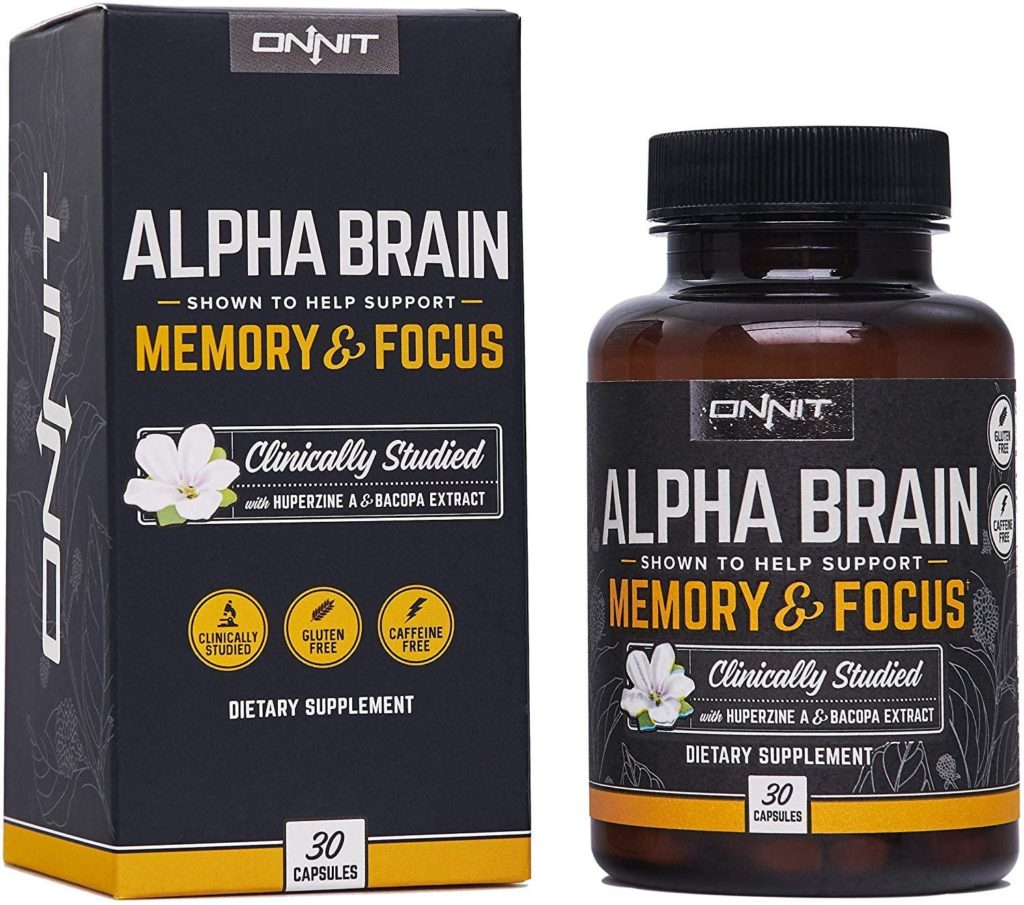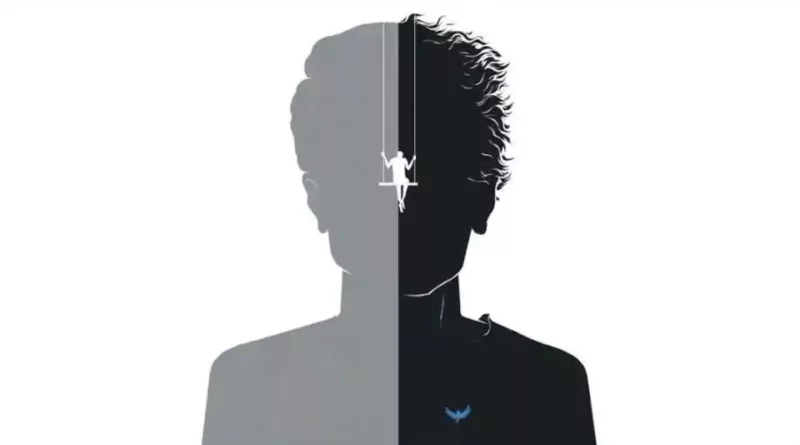The Best Bipolar Treatments
[Please note that this page contains affiliate links. If you choose to purchase after clicking a link, I may receive a commission at no extra cost to you.]
The Best Bipolar Treatments:
Interpersonal and Social Rhythm Therapy (IPSRT)
Interpersonal and social rhythm therapy looks at the balance of daily rhythms, such as mealtimes, waking, and sleeping.
A routine that stays consistent allows for more outstanding mood managing.
Those with bipolar disorder can benefit from setting up a daily healthy diet, exercise, and a routine for sleep.
Cognitive Behavioral Therapy (CBT)
Cognitive behavioural therapy is one of the best bipolar treatments as it focuses on looking at negative, unhealthy beliefs and behaviours and replacing them with positive and healthy ones.
CBT can also help with identifying what triggers your bipolar outbreaks.
As a result, you will learn to cope with terrible situations, as well as very effective ways to manage stress.
Light and Dark Therapy
Social rhythm therapy is an effective bipolar treatment, as light and dark treatment looks at the complex biological clock in people diagnosed with bipolar disorder.
This disturbed biological clock messes up the sleep-wake cycles, and it may also trigger symptoms of depression and mania.
Light and dark therapy controls the biological rhythms—and it helps with lowering mood— by sensibly managing your light exposure.
Light and dark therapy comprises making an environment of usual darkness by cutting out any artificial light for about ten hours nightly.
Mindfulness Meditation
Studies have revealed that mindfulness-based meditation and cognitive therapy help against and prevent anger, agitation, anxiety, and depression.
The mindfulness strategy uses yoga, meditation, and breathing techniques to focus consciousness on the current moment and stop negative thinking.

Acupuncture
Acupuncture is a bipolar treatment as scientists believe that acupuncture can help those with bipolar disorder by regulating their stress response.
In addition, some studies show that acupuncture for depression has the benefit of reducing symptoms, and there is more evidence proving that acupuncture may help with symptoms of mania.
Dialectical Behavior Therapy
Dialectical behaviour therapy is a tactic that is both individual therapy and group therapy.
It influences acceptance and mindfulness, like the capability to experience emotions, thoughts, and supplementary physical feelings from a spectator’s attitude, with no negative judgment. It will also teach emotion regulation, interpersonal effectiveness, and distress tolerance.
Transcranial Magnetic Stimulation (TMS)
Transcranial magnetic stimulation is being looked at as an option for those who have not done well with antidepressant medication.
For example, a 2018 study of TMS for bipolar disorder found that the TMS did not cause cognitive discrepancies, and in 2019 a study in people who have bipolar who are not currently experiencing manic or depressive episodes found that transcranial magnetic stimulation improved mental activity.
Electroconvulsive Therapy (ECT)
Electroconvulsive therapy is an effective bipolar treatment. It uses electrical currents passed over the brain to activate a minor seizure to create brain chemistry changes that reverse bipolar, mania, anxiety, and depression symptoms.
ECT is an option for bipolar therapies where medications don’t work for people, and antidepressants may not be allowed because of things like pregnancies or where there may be a high risk of suicidal thoughts or suicide.
The serotonin receptor’s location is targeted to turn on serotonin.

